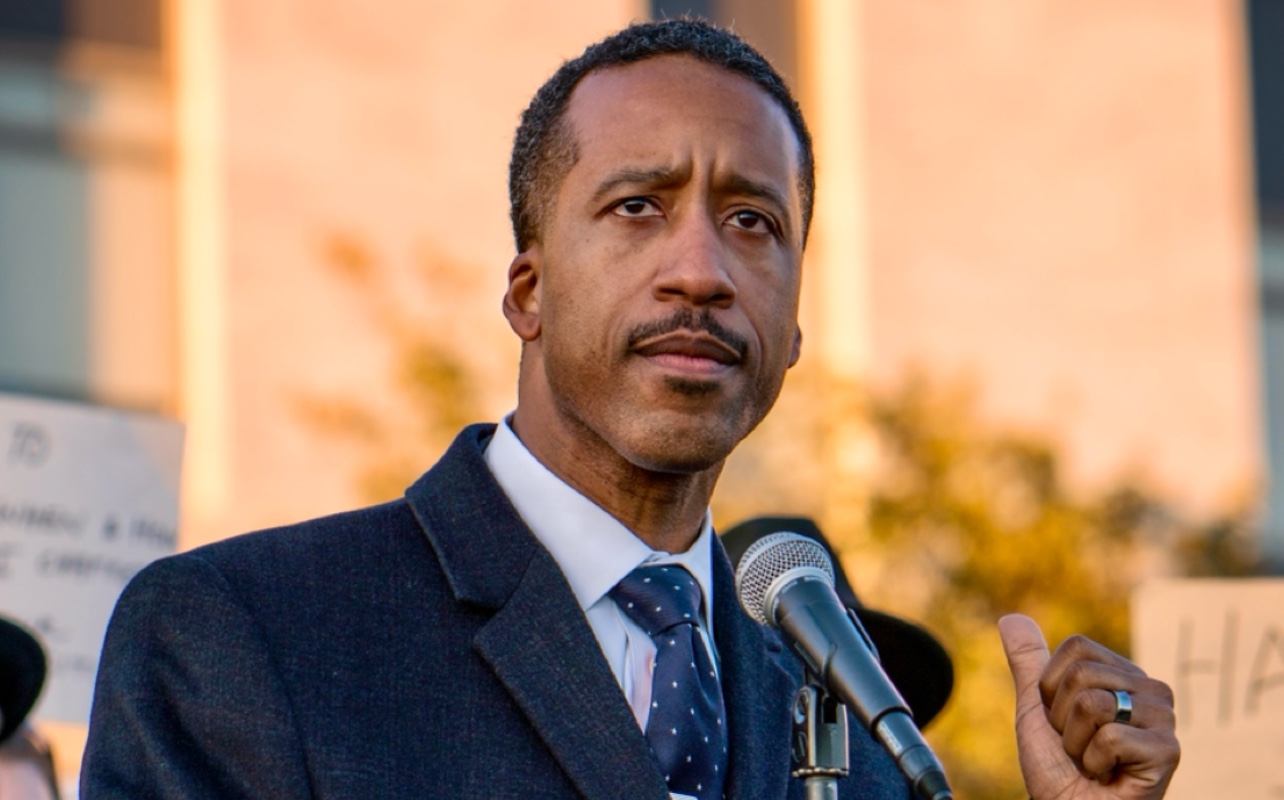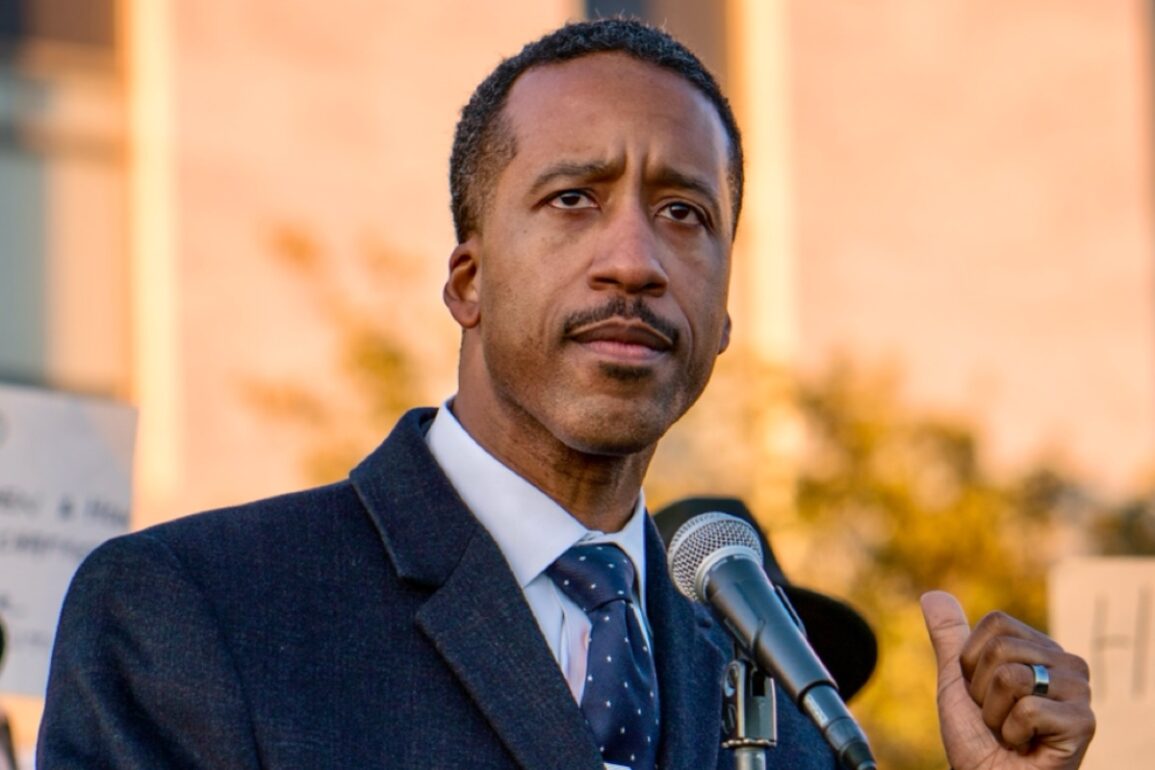
June 27, 2024
The funding for the reparations committee is part of the city’s $21 billion budget.
The Washington, D.C., city council approved a budget for next year that will allocate funds for a reparations task force that will conduct research and develop proposals to address the generational impact of slavery.
The project will have $1.5 million reserved toward developing reparations for Black residents “directly wronged and traumatized by the ills of slavery, Jim Crow, and structural and institutional racism,” according to the bill. It also requires the commissioner of the Department of Insurance, Securities and Banking, to create a database of slaveholding records and life insurance policies on enslaved people.
Councilmember Kenyan McDuffie introduced the bill early last year. The council’s Office of Racial Equity conducted historical research and provided recommendations to understand the bill’s impact on Black residents.
“There’s still some steps that we have to get through at the council, but having the funding included in the budget to establish the creation of the commission, to do all the research that’s going to be required to develop potential proposals, is absolutely critical to moving it forward.” McDuffie told The Washington Post.
McDuffie citied a 2016 Urban Institute study that showed that white households in Washington D.C. have 81 times the wealth of their Black counterparts.
“I think you don’t get to really start chipping away at that racial wealth gap without an understanding of the history and the impact of industry, government policies that contributed to some of the outcomes that we still see today,” he said.
The state of California, along with several U.S. cities are also considering how to account for the residual harm of slavery.
In 2021, Evanston, Illinois, was the first city to implement a reparations program to address discriminatory policies from 1919 to 1969, which included redlining. The program awarded $25,000 to Black residents directly affected by or whose ancestors were affected by these discriminatory policies. The city has already issued payments to 129 Black residents.
However, the township’s program has been sued by conservative activist group that claims it violates equal protection under the Constitution.
RELATED CONTENT: California Democrats Reach Agreement Of $12M Budget For Black Reparations Programs


